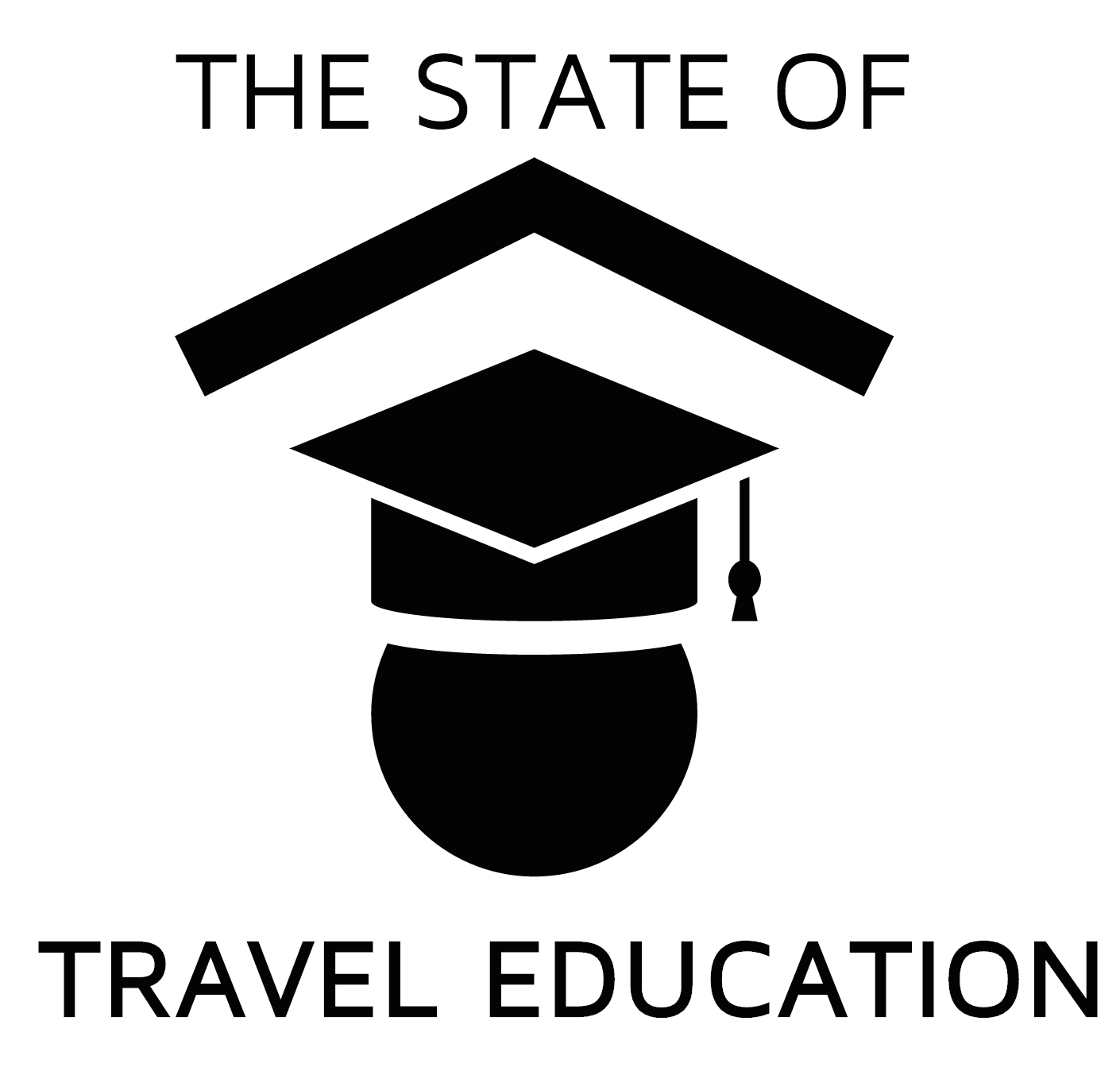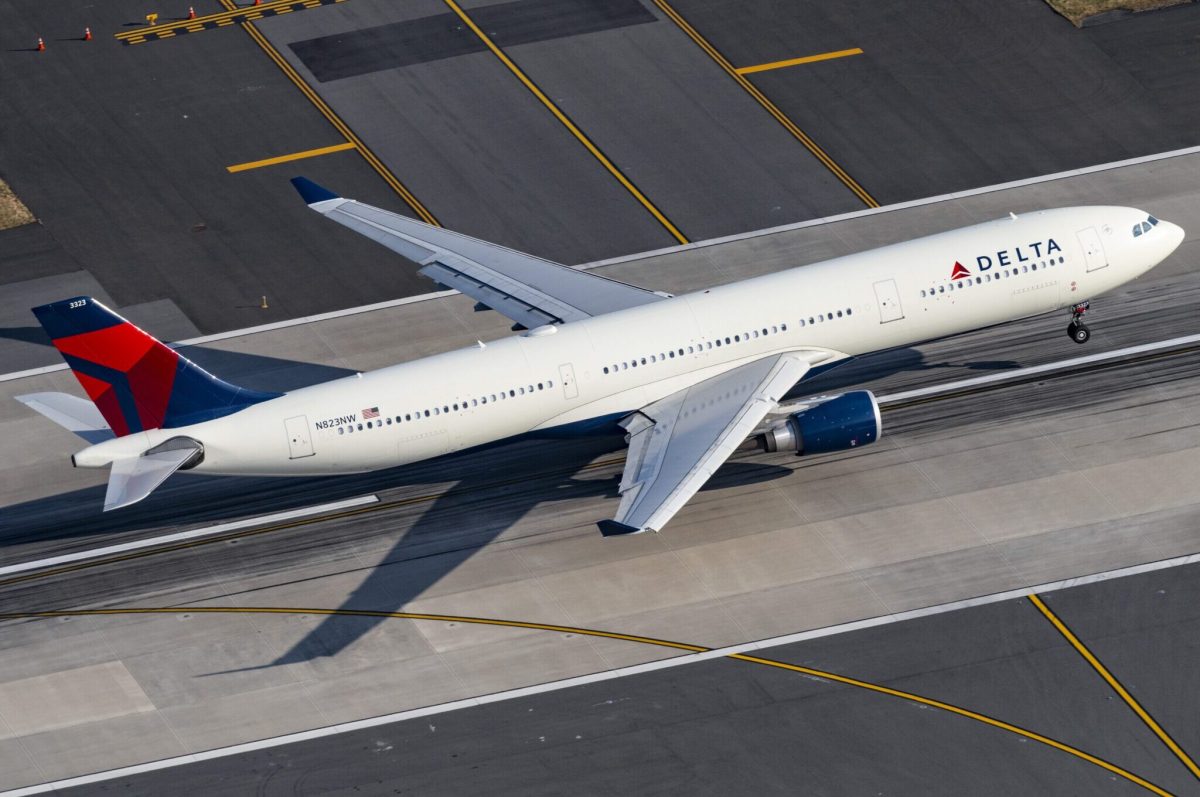Tourism Insights From Chinese Students in U.S. Hospitality Programs
Skift Take
Editor’s Note: This story is part of a Skift’s series on the State of Travel Education, which focuses on how universities are preparing the industry’s future talent to be thought leaders and innovators.
There is a great deal of interest in outbound Chinese travelers within the tourism industry, but little attention is paid to Chinese students studying tourism and hospitality in the U.S.
Chinese students head to schools in the U.S. and Europe to pick up new strategies to help influence the direction of both outbound and inbound Chinese travel. In 2013, more than 274,000 Chinese students were enrolled at American universities, the largest group of foreign students studying in the U.S.
Determining the number of Chinese students studying hospitality and tourism in the U.S. is tricky, as the Institute of International Education, for example, doesn't track data for specific majors or specify what is and is not a hospitality or tourism-related degree.
Skift talked to two Chinese students pursuing their masters degrees in tourism at New York University (NYU).
Yulin Xu worked for five years as a tour guide in China for both domestic Chinese tourists and foreign visitors. He also worked with Global Study Tour, which leads Chinese students on tours overseas to broaden their horizons and increase their involvement in extracurricular activities. Since September, he's been the Asia department manager at American Best Getaways, a tour company promoting travel to North America and creating trip itineraries for the Asian travel market.
Wanxia Lu entered her program at NYU with no prior experience in tourism, and chose to study tourism in New York City because of the opportunities it offers and New York's popularity with Asian travel markets.
Both plan to eventually return to China upon finishing their degrees, with Wanxia hoping to open her own travel agency in the country and Yulin aspiring to become a travel liaison between the U.S. and Chinese governments, citing President Obama's recent announcement that Chinese travelers can now apply for 10-year tourist visas to the U.S. and China reciprocating with 10-year visas for Americans.
Following are interviews with each student:
Yulin Xu, 28, Beijing, China
Skift: Why is it important that you have a degree in tourism specifically?
Yulin Xu: More and more Chinese have been arriving in the U.S. since 2008, when the Chinese government began to allow leisure travelers to visit the United States in group tours. Many Chinese visitors have saved for years to take the trip of a lifetime to the U.S.
However, compared with the booming Chinese travelers to the U.S., Chinese travel agents lack the necessary training and expertise. Most of the travel agents, travel designers, travel operators and travel salesmen have never been to America so they have very little experience in international travel, and therefore, they also cannot design very unique, attractive and various itineraries and travel products, nor advise travelers/clients in choosing an ideal destination or a specific kind of niche travel product such as sport travel, wedding travel or even cruise travel.
Things are slowly changing, as more and more Chinese state-owned local travel agencies have been establishing their overseas branches in the U.S. But most Chinese tour groups still cram as many destinations as possible into a single trip, sometimes only a few days in length. They want travelers to think this trip is very high-cost performance since they have visited many places, but the travelers still lack a deeper understanding of these places.
Also, Chinese tour operators may organize many Chinese travelers in one tour group, often 30 to 40 people, to lower the cost. What’s worse, many travel agencies are lazy and use the same itineraries/products development again and again to attract new or returned travelers. They just simply cut the price of existing mature products to attract people to buy them, then bring them to shopping to give the shopping malls or stores the commission to compensate the cost and let them earn big profits.
Skift: What were some trends you noticed through your work as a tour guide in China?
Yulin: As most Chinese travelers are first-time travelers, and probably the first persons in their family to experience an overseas leisure trip since their parents and grandparents have probably not had this chance, they have no personal or familial emotional connection with foreign destinations, hotel brands, or cultural or entertainment activities. They need to learn from what other people say and write to forge their opinions before they gradually acquire the personal experience of a world traveler.
A 2008 study by the European Travel Commission estimates that Chinese tourists reserve more than one-third of their holiday budgets and time for shopping.
Chinese travelers want to spend a lot on luxury goods since it’s a kind of showing-off, and China has a high tax rate for luxury goods, so travelers could buy the same goods with a lower price in the U.S. However, I always noticed Chinese travelers didn’t want to spend a lot on their accommodations. They are more inclined to stay in cheaper hotels for a lower rate instead of luxury hotels.
Skift: You studied linguistics and management at Capital Normal University in Beijing. Why now make the change to tourism?
Yulin: When I chatted with international students in my undergraduate school,
they asked me so many questions that I never thought of before. For example, in China, the dragon is a symbol standing for the emperor, imperial family or imperial power. The dragon is everywhere that foreign visitors to China would go.
However, my classmates from western countries told me that the dragon is often a symbol of evil, a fierce monster that destroys and therefore must be destroyed. So, it is really hard for foreigners to figure out why such inauspicious things become so honorable in China if background information is not supplied.
In our National Museum, there is an exhibit called "Down with U.S. Imperialism and its Running Dogs." When I led my foreign friends to that museum, they argued with each other. They couldn't comprehend why Chinese people wanted to kill the cute dogs. In this case, I think great efforts should be made to find the "cultural equivalents" in the target language to avoid misunderstanding. In my point of view, "Down with U.S. imperialism and its followers" might be unacceptable by the foreigners.
Skift: Why did you study tourism in the U.S.?
Yulin: When I was a tour guide, I served both individual visitors and tourist groups who were mostly from the United States. All of my American clients/visitors were very nice and they shared a lot of interesting stories, cultures, histories and customs of America with me, which were totally different from what our public media said.
Since most of my clients were Americans and they influenced me a lot, I thought studying in the U.S. would be a great opportunity to have a better understanding of America and then for my Chinese clients I can correct any bias from China's state media.
When I asked my outbound tourists why they chose to visit America, almost everyone told me that the U.S. has had a big influence on China, both economically and culturally, so they wanted to see the prototype. I think I did the same. The biggest developed country, America, is the best example and model for the biggest developing country, China.
Wanxia Lu, 24, Wuhan, China
Skift: What's your insight into the tourism industry in China?
Wanxia Lu: The growing number of Chinese tourists know more about what they want and are more proactive to choose their own way to travel. So I think luxury and unique tourism experiences will be more popular in the coming years. On the other hand, online reservations systems are growing very fast in China.
People in China accept the developing technology very fast. More young people are using the Internet and smartphones to make reservations and choose their itineraries. I think booking sites will control most of the market share in future years and more people will rely on these online systems to make tourism decisions.
Skift: What does having a degree in tourism mean in China? Is a tourism degree
valuable in China?
Wanxia: In China, the tourism major is not a popular major that people may crowd into. Not every university has tourism and hospitality majors. On the contrary, most of the universities with tourism majors are third-level colleges, which the Chinese consider as their last choices. Because the entrance requirement for tourism majors is relatively low worldwide, a tourism degree is not that valuable as other science-related degrees.





